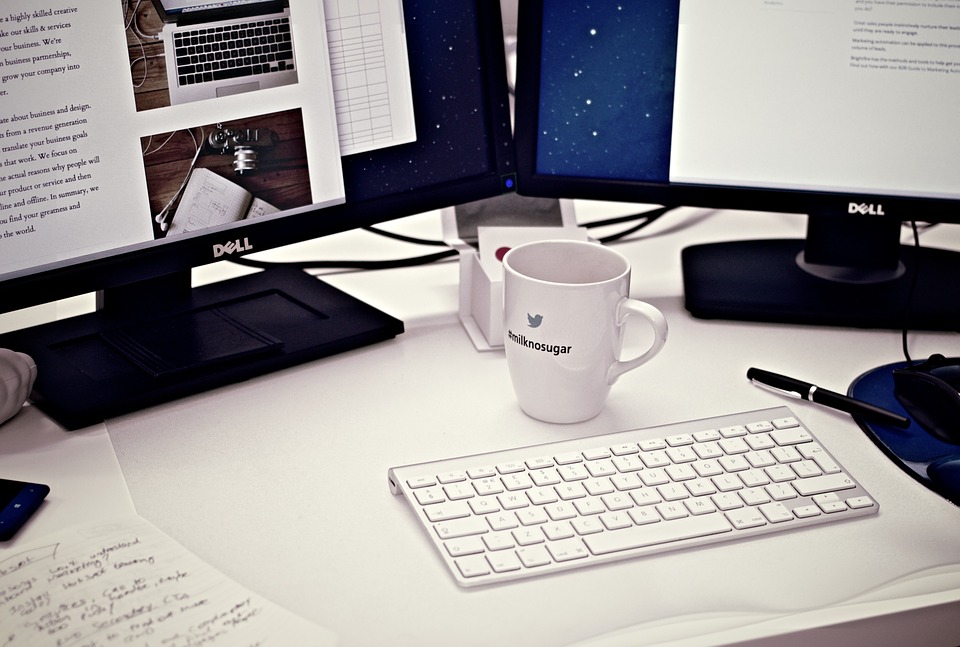In today’s fast-paced, digital age it’s crucial to take preventative measures to ensure that your computer is adequately protected against digital threats, such as hackers and viruses. To learn how to keep your computer safe, simply continue reading to discover 5 handy tips to follow.
How to keep your computer safe:
5 Invaluable tips to follow
Install anti-virus software from a company who you can trust
In order to prevent viruses such as trojan viruses from infecting your computer, it’s well worth downloading anti-virus software from a trusted internet security computer such as McAfee or AVG. As if your computer is infected by a virus your personal information such as your credit card details may be compromised and you may notice that your computer starts to slow down. Some viruses may even cause your computer to crash and reboot itself continuously.
Depending on the software you purchase, your computer may automatically download new updates on a periodical basis, which will help your computer combat the latest viruses to hit the internet.
Consider installing anti-spyware software
As well as downloading anti-virus software it’s also well worth downloading anti-spyware software, which will prevent companies or websites from selling your personal information to third parties. As an example, some websites sell their customer’s contact details to third parties, whilst other websites may sell users’ browser history to third parties, who are looking to collate private information for marketing purposes.
Make sure that the passwords which you use are impossible to guess
The key to creating a strong password is to pick a password which features at least 8 characters, including a character which is written in capslock as well as 2 numbers. It’s also well worth changing your passwords to all of your online accounts at least once a month.
Avoid using the same password for all of your online accounts
While using the same password for all of your online accounts may make life easier, if a hacker figures out your password, all of your online accounts will be compromised. So it pays to use several different passwords at any given point in time. Furthermore, if you receive an email from a website such as eBay or Facebook, which states that your password may be compromised, it’s highly advisable to immediately change all of your online passwords. As if a hacker has managed to crack one of your passwords, there is a high chance that they may have cracked some of your other passwords.
Regularly delete your browser’s history
One way to ensure that your passwords aren’t automatically stored on your computer is to regularly delete your browser’s history. By deleting your search history, you’ll also prevent other individuals from tracking the websites which you visit. As an example, if you routinely delete your search history, you won’t have to worry about someone you know or a hacker being given access to sensitive information, such as your log-in details to your online bank accounts.
So if you’re keen to protect your personal information whilst using a personal computer, it’s definitely worth following the 5 safety tips listed above.


 5 Blog Marketing Tips To Follow
5 Blog Marketing Tips To Follow